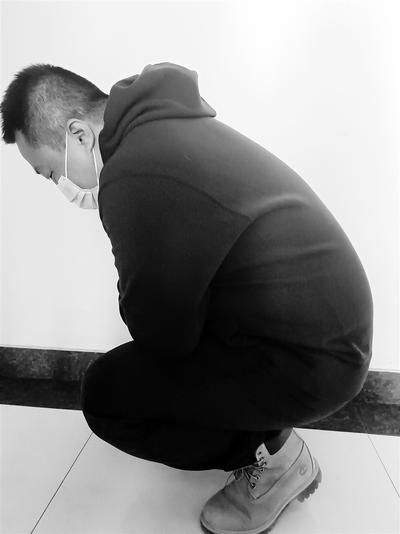
Yan Du Rong media reporter Tan Yanan
45-year-old Mr. Zhao was busy with work a few days ago. A week ago, he suddenly felt pain in his left lower back accompanied by nausea, and he couldn’t straighten his back. His colleagues rushed him to Shijiazhuang People’s Hospital.
Sedentary and decreased water intake
He suffered from urinary calculi
Li Shen, the director of the Department of Urology, carefully examined Mr. Zhao, and the examination report showed that Mr. Zhao had stones in his left kidney and left ureter, and was diagnosed with urinary stones. Li Shen immediately performed extracorporeal shock wave lithotripsy for Mr. Zhao. On the second day after the operation, Mr. Zhao was able to go to the ground and move around, with no back pain and smooth urination.
Mr. Zhao was puzzled, why did he suffer from urinary calculi? In this regard, Li Shen explained that the mechanism of urinary calculi is very complicated, and it is related to heredity, diet, climate, occupation and so on. The “stone” that caused Mr. Zhao’s pain and distress has been hiding in his body for a period of time, and this time, the disease attacked due to prolonged sitting and reduced water intake.
Li Shen said that stones may form in the entire urinary system. Urinary calculi are classified into kidney calculi, ureteral calculi, bladder calculi, and urethral calculi according to their location. Kidney calculi and ureteral calculi are more common. The pain is mostly in the waist or flank. It can be mild pain or colic like a knife cut, and it radiates to the lower abdomen and inner thigh on the same side of the body. After the attack of colic, hematuria, etc. may appear.
Watch out! Urinary tract stones are formed in this way
Usually, most of the stones in the urinary tract are composed of human metabolites, especially the stone-forming substances (calcium, oxalic acid, uric acid and cystine) in the urine. etc.) the concentration increases or the solubility decreases, it is in a supersaturated state, and crystals are precipitated and locally grown and accumulated, eventually forming stones.
According to Li Shen, eating foods high in calcium and purines and lack of drinking water are important factors that lead to urinary calculi. In addition, if there is hyperparathyroidism, gout, obstruction of the urinary system, infection, foreign body, etc., it can also lead to secondary urinary stones. Especially when the temperature is high, sweating a lot, and urine excretion is reduced, if you don’t pay attention to drinking water, it will be easier to concentrate the urine and form crystals. Over time, stones will be formed in the ureter and kidney.
How to effectively prevent urinary stones?
Urinary calculi is a common urinary system disease, and we should pay attention to prevention in our daily life——
Drink appropriate amount of water. The daily water intake is maintained at 2500-3000 ml, which can dilute the concentration of lithogenic substances in the urine, reduce deposition, and is also conducive to the discharge of stones. Li Shen said that this is a very effective preventive measure, and boiled water is the best drinking water.
A reasonable meal. Eat a variety of nutritious foods in a balanced way, so that the diet achieves a mixed balance and avoids excessive amounts of any type of food. On this basis, eat more vegetables and fruits, supplement protein and calcium in moderation, and eat less sugar, less salt, less purine and less oxalic acid.
Moderate exercise. On the one hand, it can help calcium absorption, reduce the calcium salt composition in urine, and reduce the formation of stones. On the other hand, it can promote the excretion of small stones in the body. Li Shen suggested that in daily life, exercise such as jogging and rope skipping can be done appropriately.
Do a regular physical examination. Regularly perform B-ultrasound examinations of the urinary system. For patients with urinary calculi, Li Shen suggested to analyze the composition of the excreted calculi, and ask the doctor to help formulate preventive measures.